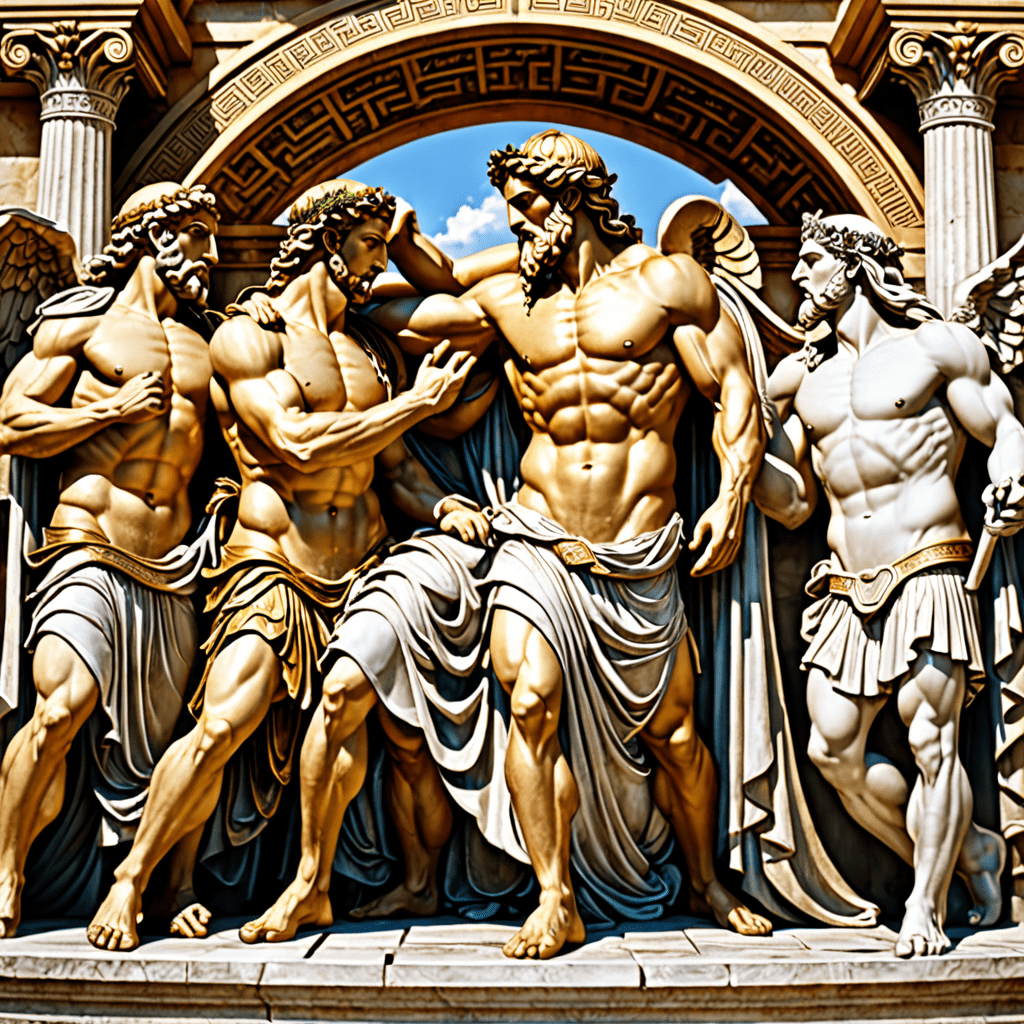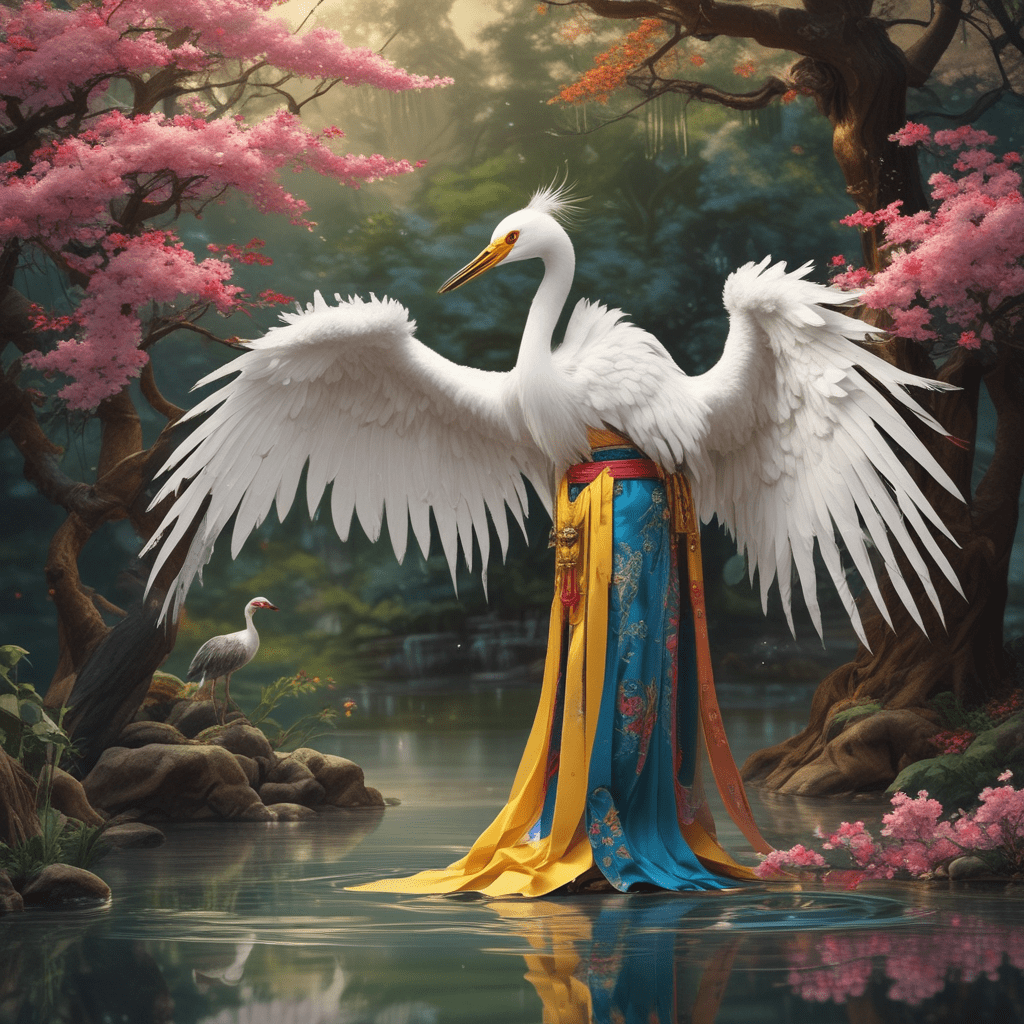Greek Mythology and the Concept of Harmony
Understanding Harmony in Greek Mythology
Harmony was a fundamental concept in ancient Greek culture and mythology, representing the idea of balance, peace, and order. In Greek mythology, harmony was personified by the goddess Harmonia, daughter of Ares, the god of war, and Aphrodite, the goddess of love.
The Greeks believed that harmony was essential for a prosperous and flourishing society, as it ensured a balance between different elements and entities.
The Role of Harmony in Greek Mythical Narratives
Many Greek myths and legends focused on the concept of harmony, illustrating the consequences of disrupting this delicate balance. For example, the story of the Trojan War, caused by discord among the gods, demonstrates how disharmony can lead to chaos and destruction.
On the other hand, myths like the tale of Orpheus and Eurydice showcase how harmony, music, and love can restore order and bring balance back to disrupted worlds.
Lessons Learned from Greek Mythology about Harmony
From Greek mythology, we learn that harmony requires a respect for boundaries, moderation in actions, and a willingness to resolve conflicts peacefully. The Greek pantheon of gods and goddesses often reflected different facets of harmony and discord, teaching valuable lessons about the importance of maintaining balance.
Through stories like the labors of Heracles, where integrity and humility lead to eventual peace and harmony, Greek myths offer timeless wisdom on the significance of striving for equilibrium in life.
Harmony in Modern Interpretations of Greek Mythology
In contemporary times, the concept of harmony from Greek mythology remains relevant in literature, art, psychology, and philosophy. Scholars and enthusiasts continue to explore the timeless themes of balance, unity, and concord that Greek myths present.
By studying the ancient tales of gods, heroes, and mortals, we can find inspiration to seek harmony in our relationships, inner selves, and the world around us, mirroring the eternal quest for balance that lies at the heart of Greek mythology.
FAQ: Greek Mythology and the Concept of Harmony
What is Greek Mythology?
Greek Mythology refers to the body of myths and legends belonging to the ancient Greeks, concerning their gods and heroes, the nature of the world, and the origins and significance of their own cult and ritual practices.
How is Harmony depicted in Greek Mythology?
In Greek Mythology, Harmony is often portrayed as a central theme representing balance, order, and unity in the universe. It signifies the ideal state of peaceful coexistence between various elements, both in nature and in human interactions.
Which Greek deities are associated with Harmony?
The goddess Harmonia, daughter of Ares and Aphrodite, is closely linked to the concept of Harmony in Greek Mythology. She symbolizes concord, unity, and the harmonious blending of different forces.
What role does Harmony play in Greek Mythological narratives?
Harmony plays a crucial role in maintaining the cosmic order and preventing chaos in Greek Mythological tales. It is often seen as a force that brings stability, beauty, and coherence to the world.
How does the concept of Harmony resonate with modern interpretations?
The idea of Harmony in Greek Mythology continues to inspire contemporary thinking about balance, cooperation, and well-being.



